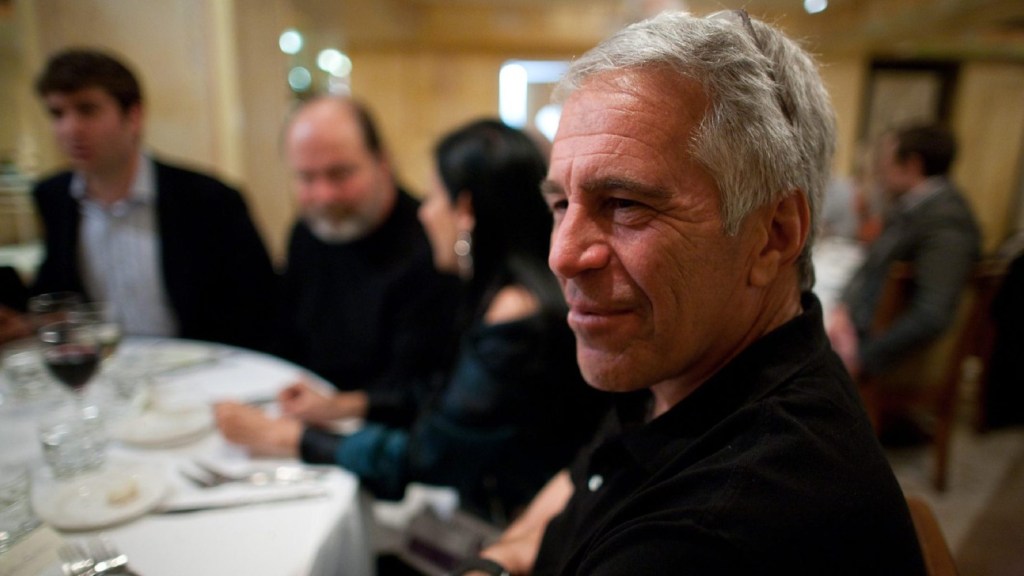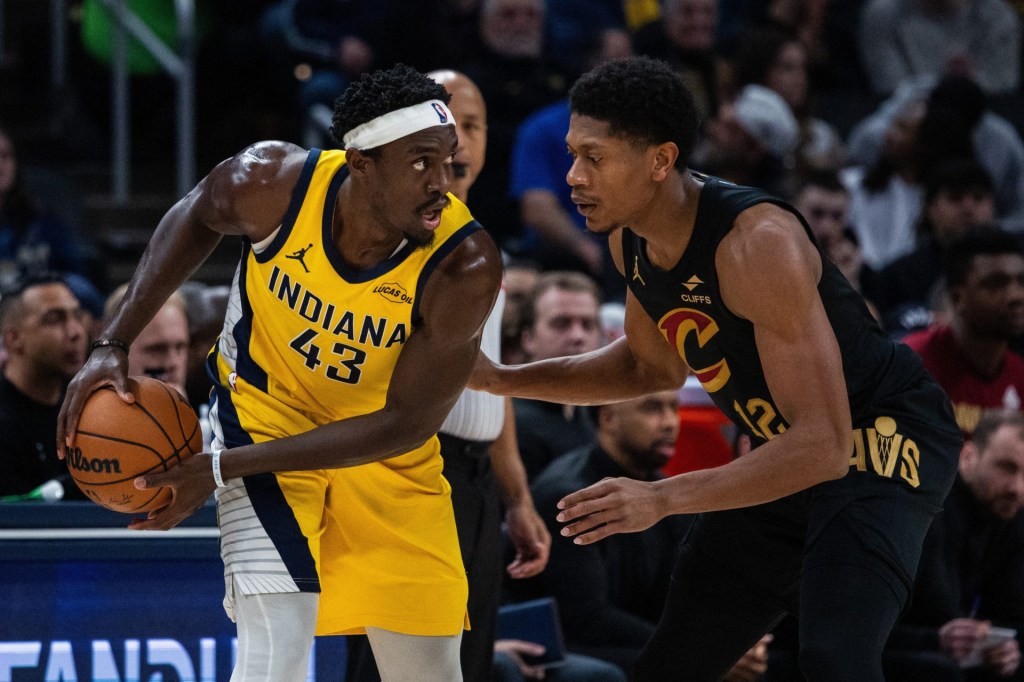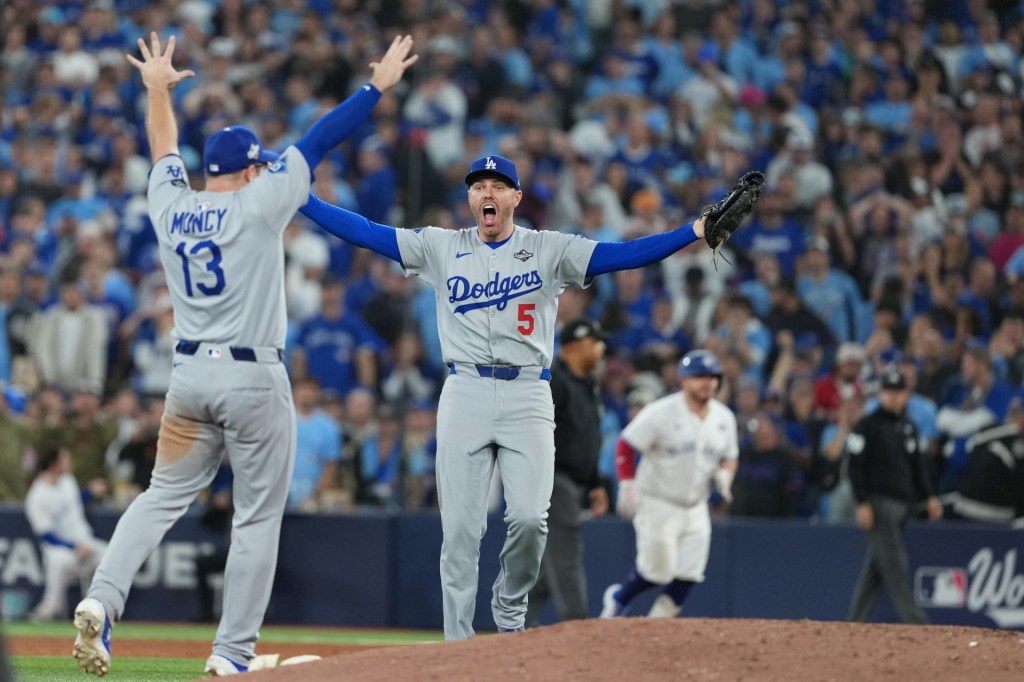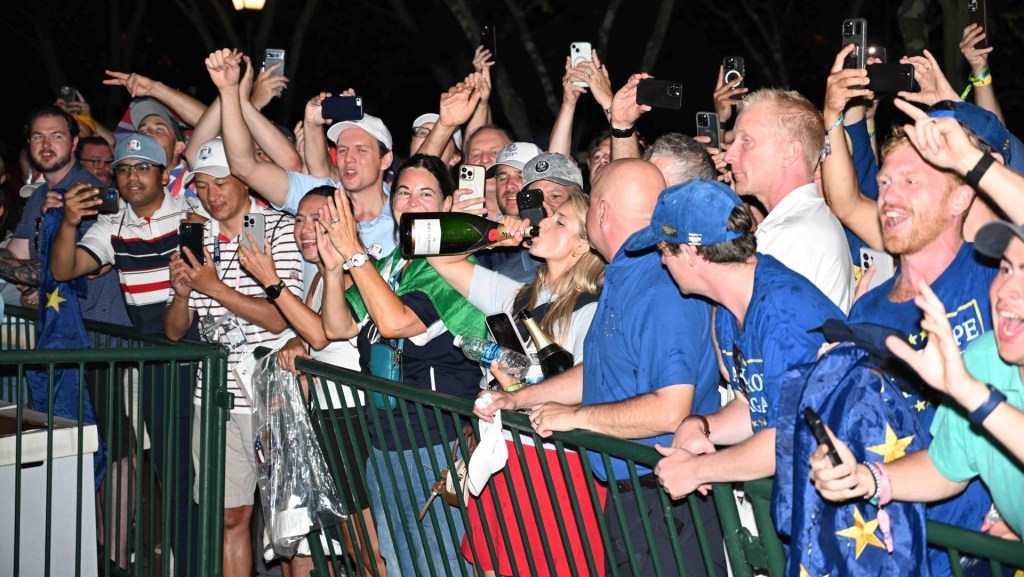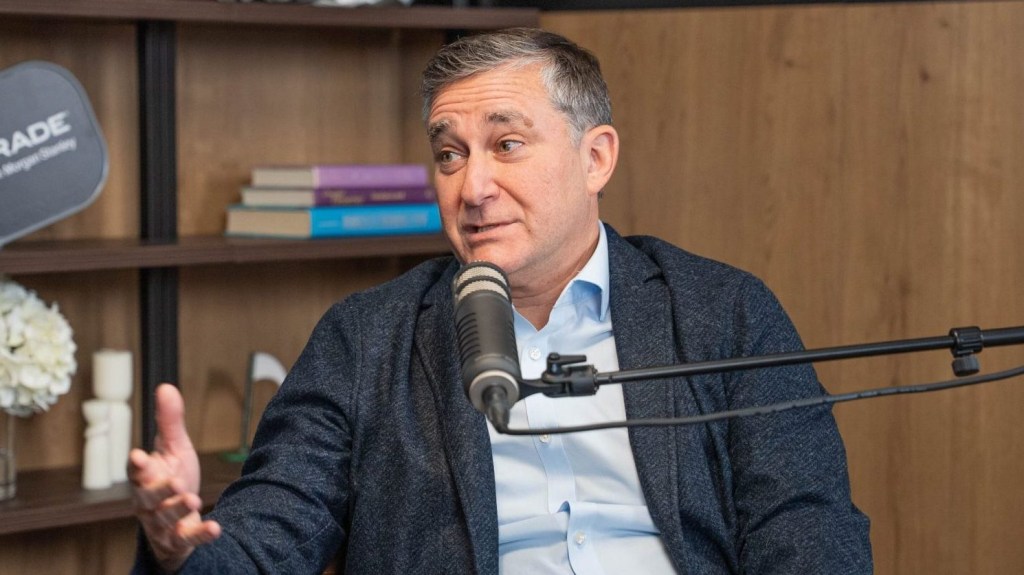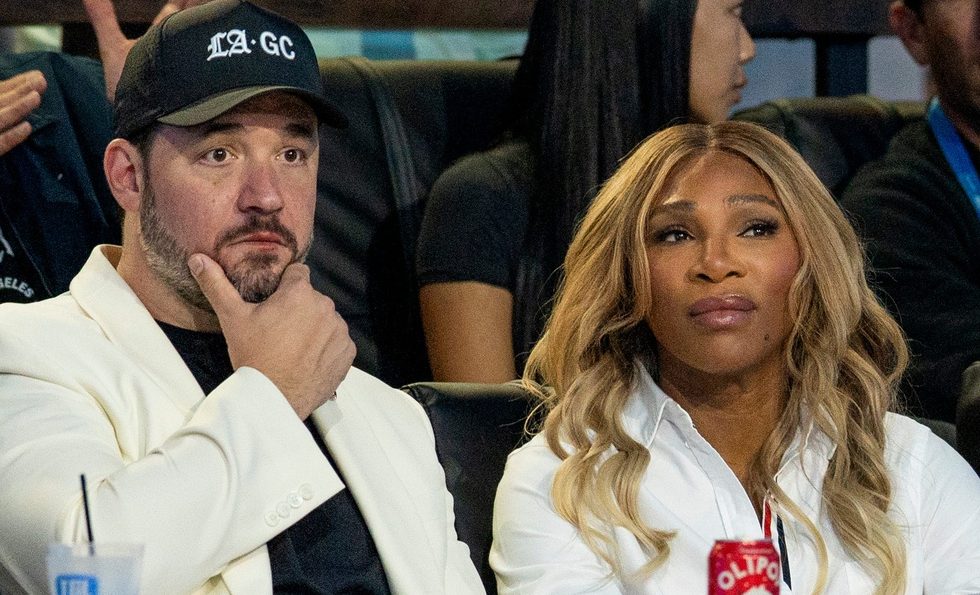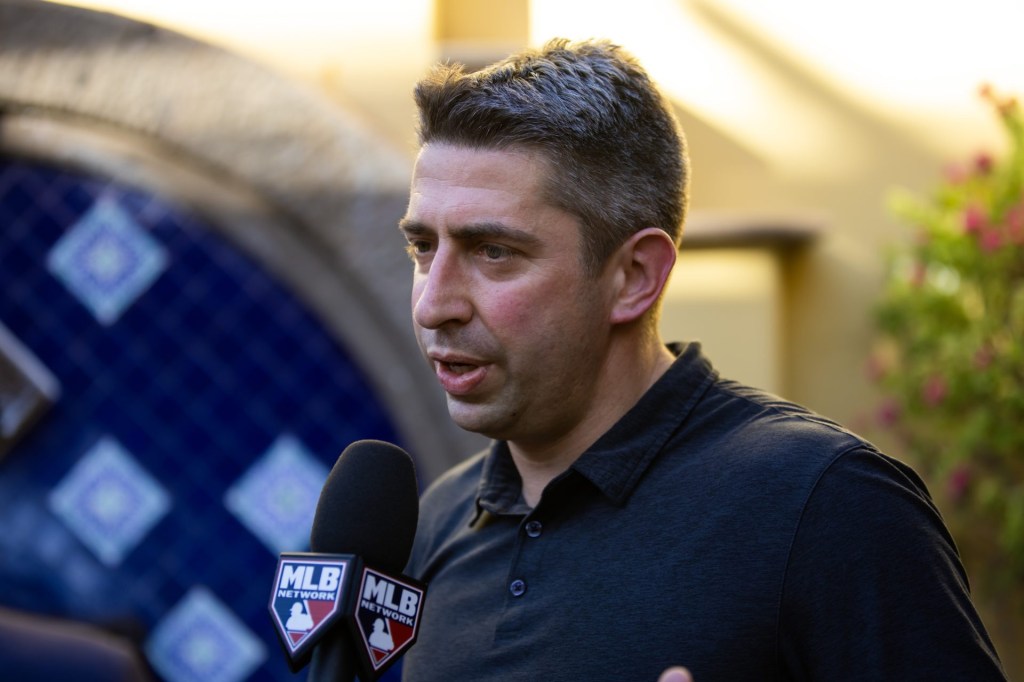For Spanish soccer star Rodri, the first match of the 2023–2024 season took place Aug. 6 when his club, Manchester City, contested the Community Shield. The midfielder went on to play 34 of Manchester City’s 38 Premier League matches, along with eight of their 10 Champions League fixtures, the one-off Super Cup final, and four matches in the domestic FA Cup.
Last December, he traveled with City to Saudi Arabia and played twice in the Club World Cup. In March, he played two international friendlies for Spain. After Manchester City’s season ended in May, he joined up with Spain again for another friendly, before appearing in six of his country’s seven games at the European Championship. His season ended July 14, 343 days after it began. (He was given a phased introduction into the 2024–2025 season, but suffered an anterior cruciate ligament injury in September, and he is now unlikely to play again until June.)
Rodri’s schedule sounds remarkable—and it is. But such play is becoming strikingly commonplace, especially for many of the biggest international stars whose calendars increasingly look like brick walls. And as FIFA strives to add more and more games—and athletes’ bodies are breaking down from wear and tear—players are finding themselves pushed to a breaking point.
Before his injury, Rodri told the press he believed players were “close” to striking in protest at the number of games scheduled. Liverpool and Brazil goalkeeper Alisson added, “Nobody asks the players what they think about adding more games, so maybe our opinion does not matter.”
It is highly unusual to hear European soccer players discussing going on strike. Because European soccer does not have the collective bargaining agreements of many U.S. sports, it is harder to define when too much is being asked of players. But forthcoming changes to the calendar may be testing the limits. Bjorn Bezemer of the ROOF agency, who works with players in all of the major European leagues on their club contracts and sponsorship deals, tells Front Office Sports that the schedule “is just crazy, absolutely crazy.”
Despite how overstretched these elite athletes are, soccer’s global governing body is clawing for more competition. FIFA wants more soccer to “make the beautiful game bigger, better and more meaningful to the world,” as its president, Gianni Infantino, declared in 2016.
However, FIFA leaders are pushing for other reasons. Infantino took the reins of FIFA from a disgraced Sepp Blatter in 2016 with a promise to more than double the sum transferred to each national member association, to more than $5.5 million every four years. He needs to keep the spigot on to maintain the loyalty of his supporters.
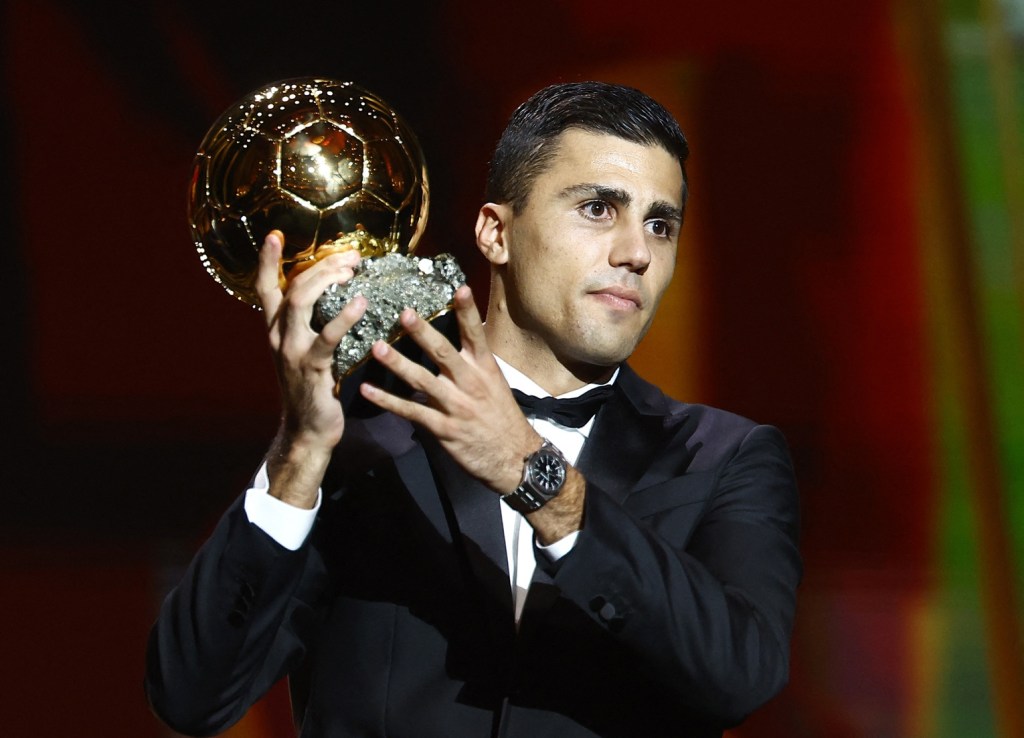
To achieve this aim, Infantino first spent years lobbying to make the World Cup biennial. He didn’t win the battle but has looked to win the war elsewhere. He succeeded in expanding the World Cup from 32 teams to 48 from 2026. He argued that a larger tournament would bring “joy and inclusion.” The president is hoping it generates something far more quantifiable, too: increased broadcasting revenue. FIFA’s four-year budget for 2023–2026 assumes $4.3 billion in total revenue from broadcast rights, an increase of around 25% from the 2019–2022 cycle.
Infantino is also presiding over a relaunch of the Club World Cup, an unloved club tournament that pits the winners of continental tournaments against one another. Beginning summer 2025, the number of teams will rise from seven to 32.
“Brands and companies recognize the commercial potential of a true Club World Cup to be held in a market like the U.S.,” a FIFA spokesperson tells FOS. “They are also attracted by the massive fan base that will follow this world-class competition.” So far, however, the commercial response has been underwhelming: FIFA has signed up just one sponsor. Reports elsewhere suggest it has reduced its projected revenue from the tournament by two-thirds, to $500 million.
Dissatisfaction with Infantino’s approach has been simmering for years, but the FIFA president has mostly ignored criticism and plowed on with his expansion plans. Grievances among players have also been rising, albeit quietly in true form with European soccer etiquette. But their public comments and the anger fuelling them shows the pot of resentment has boiled over in a remarkable way.
FIFA is risking rebellion by wringing more minutes out of the sport’s biggest stars. In October, weeks after Rodri and Alisson aired their frustrations, FIFPro, the global players’ union and European Leagues, an umbrella organization of the leading European domestic competitions, filed a complaint against FIFA at the European Commission.
The representatives argue that FIFA’s dual role as governing body and competition organizer is a conflict of interest, and so breaches EU competition law: They believe that FIFA did not adequately consult players and clubs before making changes to the calendar, that it abused its position as a regulator to push through those changes, and that the financial benefits it receives would come at a cost to football’s participants.
Sources close to the process told FOS that the goal of the complaint is not to enter into a protracted legal battle, but rather to encourage FIFA to grant player and club representatives a seat at the table. So far, they say, they have not had one: The sources told FOS there had been no dialogue between FIFA and the European leagues and clubs around the expansion of the World and Club World Cups.
As part of the complaint, Serie A head Luigi De Siervo said, “Serie A, like almost all other European Leagues, in the last 20 years hasn’t increased the number of games. On the contrary, FIFA and UEFA, cycle after cycle, have increased constantly the size of their competitions for both clubs and national teams and we have now reached a saturation point in the calendar.”
Throughout the past generation, European leagues have sought to reduce the number of games their teams play. Both the Premier League and LaLiga cut the number of teams in their competitions in the late 1990s. More recently, the English Football Association has scrapped replays from its cup competitions. But at the same time, the number of regional and international matches, those organized by UEFA and FIFA, has increased. (Clubs are not entirely innocent in this debate, given their predilection for expansive travel on revenue-raising preseason tours.) FIFA disagrees with De Siervo, telling FOS that “FIFA is only responsible for less than 1% of club matches.”
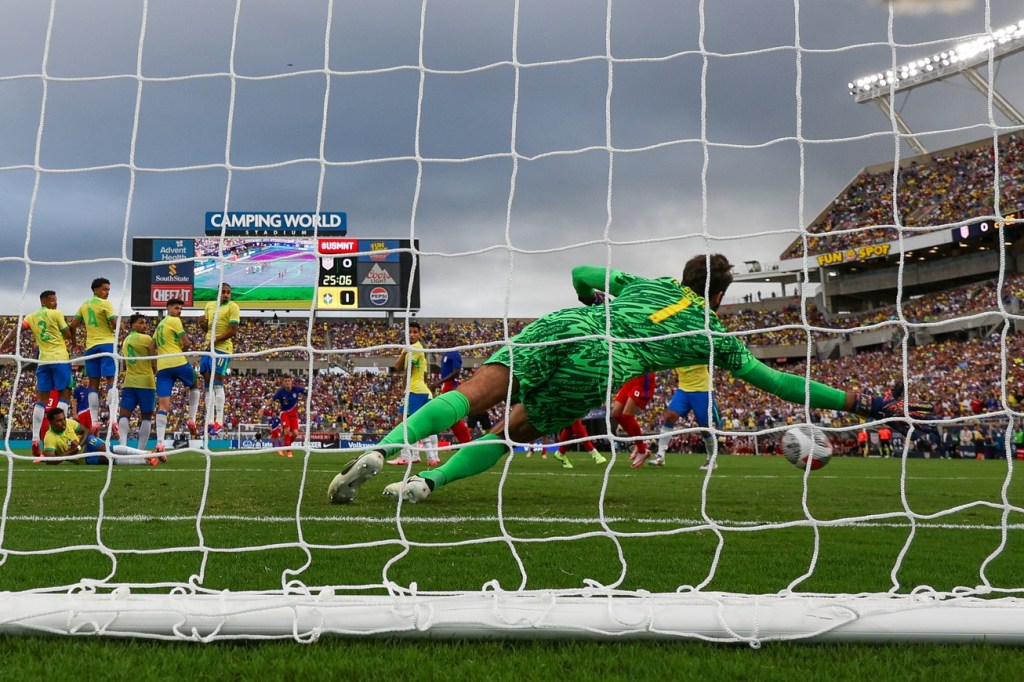
But it’s not just the sheer number of competitions that’s causing the backlash—it’s the subsequent wear and tear on athletes’ bodies as the sport has become quicker, more technical, and more intense. Although players’ bodies are protected and technologically monitored more carefully than in the past, the minimum standard for performance is much higher.
Earlier this year, a Norwegian midfielder, Fredrik Aursnes, who plays his club soccer for Portugal’s Benfica, announced he was retiring from international football. Although Aursnes was in his prime, at 28, he had endured a Rodri-esque run of playing almost 170 matches in less than three years. “I want more time to prioritize other things than football in my life,” he told FIFPro.
Throughout the next few months, it will become clear as to whether FIFA is taking both Rodri’s nod to player strikes and the legal threat seriously.
One step that would cost far less than entering into a legal battle would be giving FIFPro representatives a voice. This is what the European governing body, UEFA, has done since the complaint was filed at the European Commission: It has agreed that a FIFPro rep will join UEFA’s executive committee, and that it will guarantee the union a say in future calendar changes. (Like FIFA, however, UEFA has pursued an expansionist strategy in recent years, and it is unclear whether the agreement will have any value beyond paying lip service to the leagues and union; even if a FIFPro representative is allowed to pull up a chair, they may simply be steamrolled.)
But even if FIFA does allow player and European league input, the move would hardly mend fences. After years of pursuing its own agenda, many of football’s constituent parts are suspicious of the organization. Gareth Farrelly, a former professional soccer player who now leads the Union of European Clubs, which supports FIFPro’s complaint, told FOS there is now evidence of “a breakdown in the relationship” among players, clubs, and FIFA.
For now, the calendar issue will not be resolved quickly. Players and clubs will continue to react to the increased game time by picking the matches that stars play in carefully. The November international break saw a huge number of players withdraw from their squads, citing minor injuries or fatigue. In this process of prioritization, domestic leagues and the Champions League will remain safe, but domestic cups and internationals outside of the finals themselves will become increasingly vulnerable to elite players opting out of the games. Without these stars to draw eyeballs to or interest in those expanded competitions, FIFA and UEFA expansionist approaches could backfire.
The next big test begins Dec. 5 in Miami, where the 32 participants in the Club World Cup will find out their opponents. With the winner expected to receive more than $100 million, the clubs are likely to bring their elite talent with them. Yet the number of minutes these players spend on the field and the level of rotation among games will be indicative of how seriously the clubs themselves take the competition, and how angry they are with FIFA’s continued push.
This summer will show who—if anyone—has the stomach for a fight.
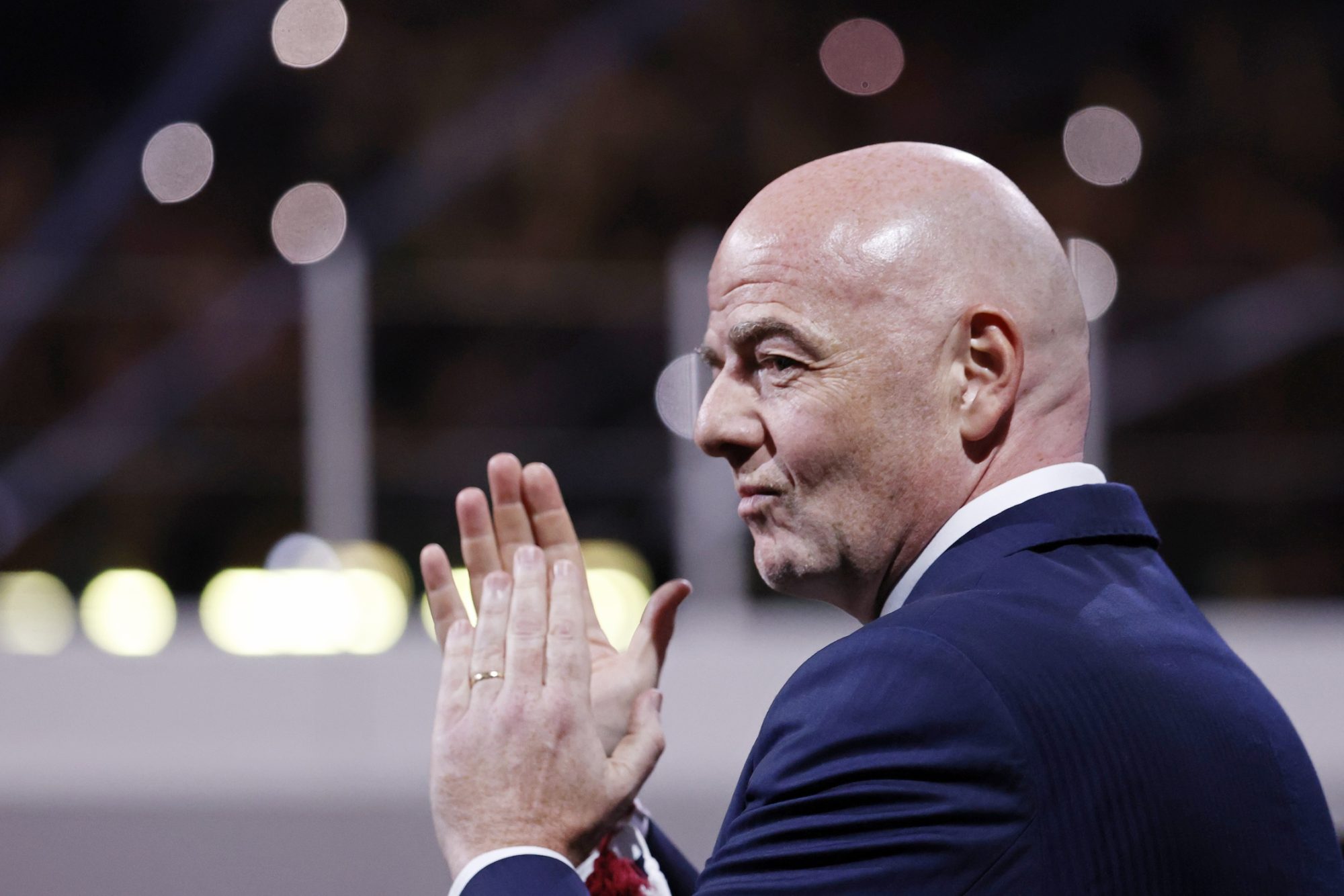
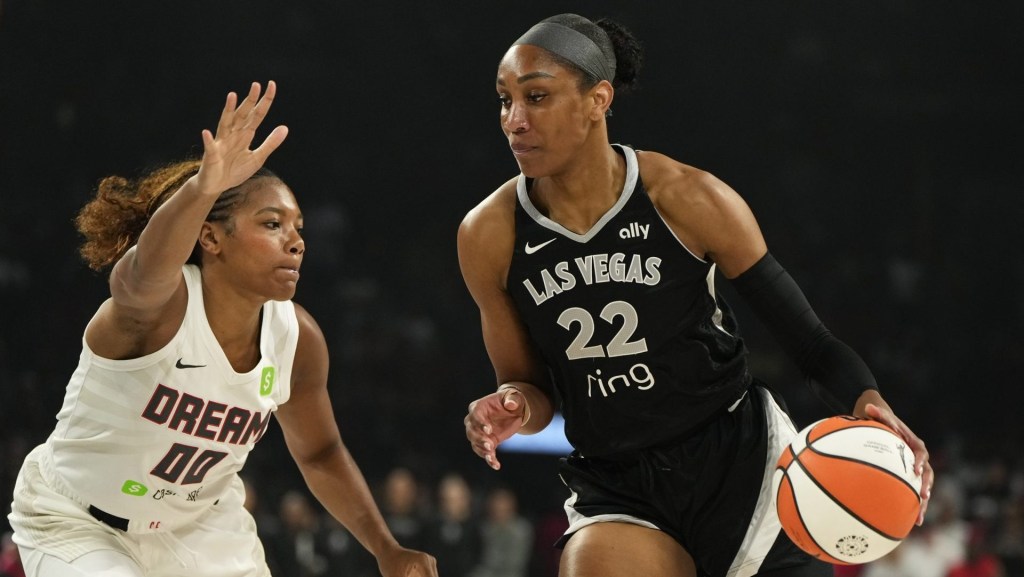
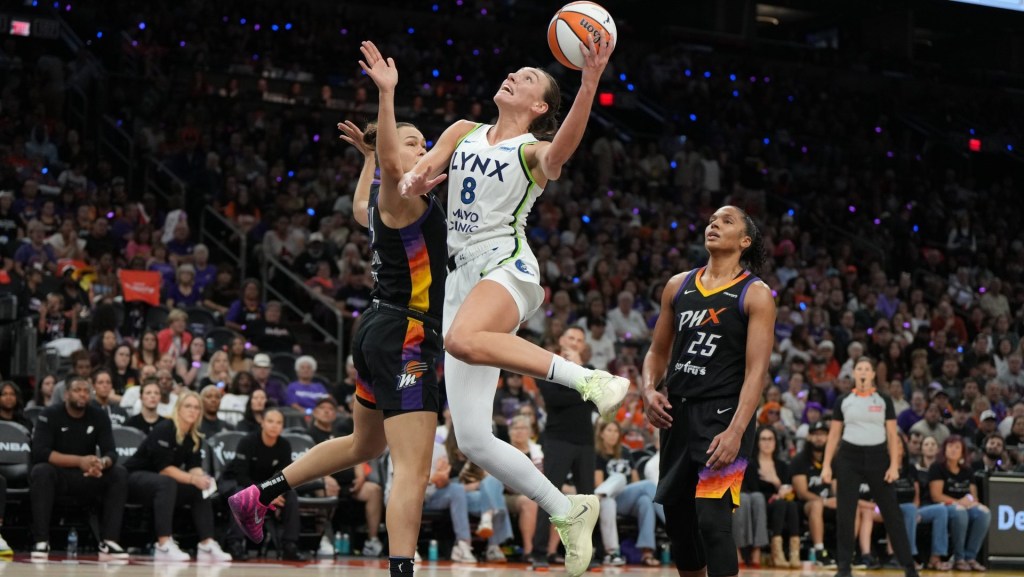
![[Subscription Customers Only] Jul 13, 2025; East Rutherford, New Jersey, USA; Chelsea FC midfielder Cole Palmer (10) celebrates winning the final of the 2025 FIFA Club World Cup at MetLife Stadium](https://frontofficesports.com/wp-content/uploads/2026/02/USATSI_26636703-scaled-e1770932227605.jpg?quality=100&w=1024)
